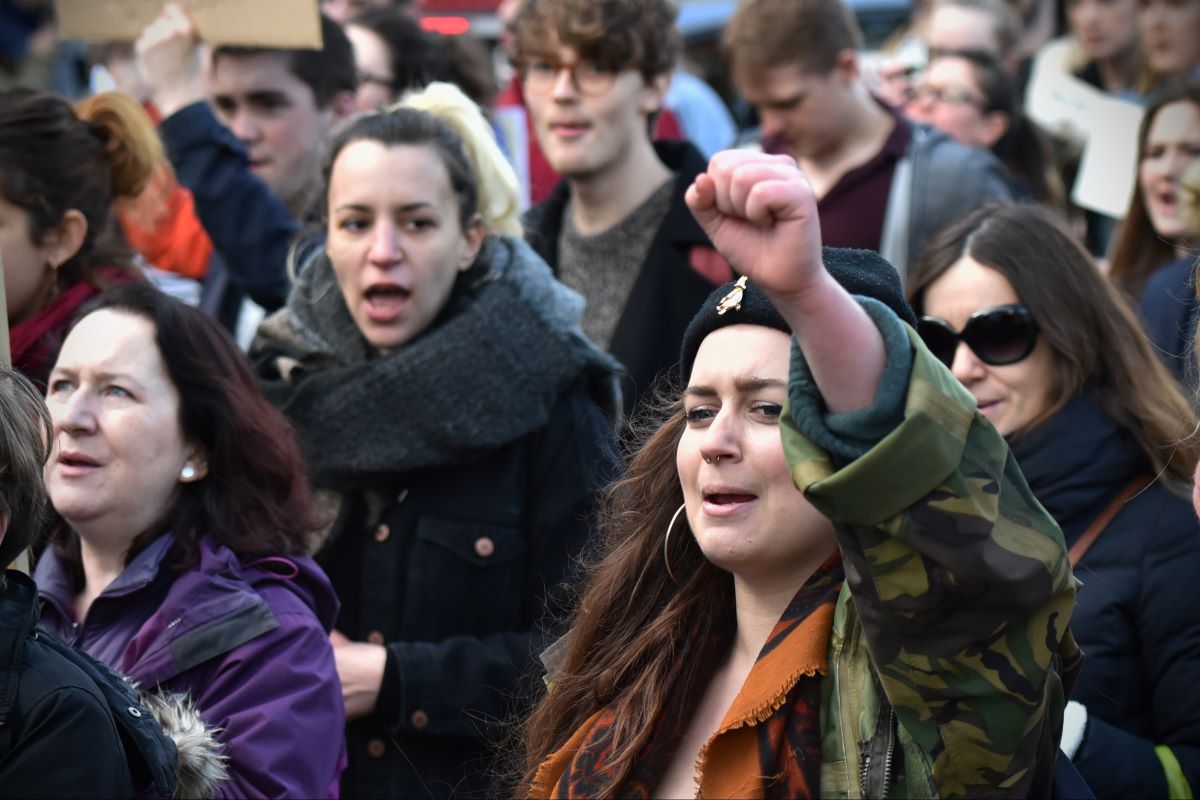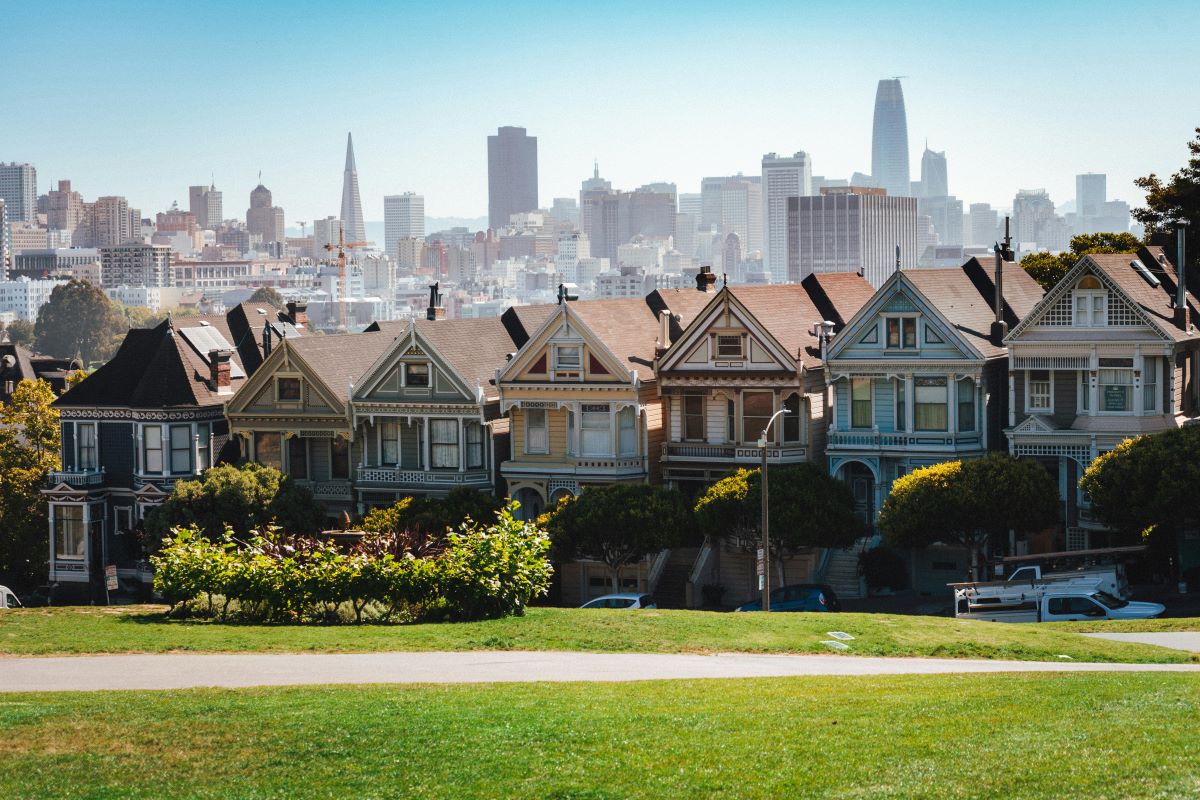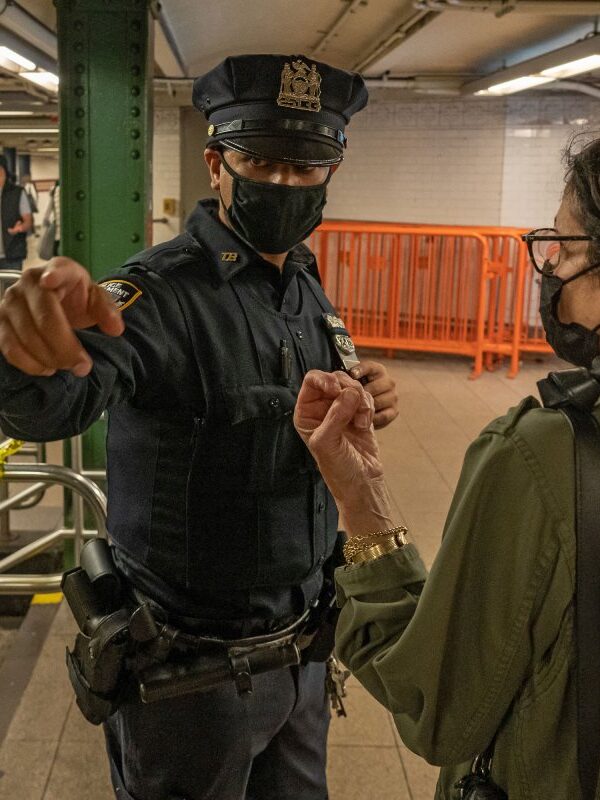Ever noticed how millennials are blending mental health awareness with social justice activism? How are they balancing these critical aspects of life to create a better world for everyone?
1. Mental Health Advocacy

Millennials are breaking the stigma around mental health, advocating for open conversations and support. They recognize that mental health issues often intersect with social justice, amplifying the need for comprehensive support.
2. Inclusive Therapy Practices

Therapists are integrating social justice into their practices, addressing the mental health impacts of systemic oppression. Millennials seek therapists who understand these complex dynamics.
3. Social Media Movements

Hashtags like #BlackLivesMatter and #MeToo are raising awareness about mental health impacts of discrimination. Millennials use social media to amplify these critical conversations.
4. Community Support Networks

Millennials are creating support groups that tackle both mental health and social justice issues. These networks provide safe spaces for shared experiences and solidarity.
5. Activist Self-Care

Millennials emphasize self-care for activists to prevent burnout. This includes mindfulness, setting boundaries, and taking breaks from social justice work.
6. Education and Awareness

They’re pushing for educational curricula that cover both mental health and social justice. This helps individuals understand the interconnectedness of these issues from a young age.
7. Holistic Health Approaches

Millennials embrace holistic health, combining physical, mental, and social well-being. They understand that systemic factors like racism and sexism affect overall health.
8. Advocacy for Policy Change

They’re advocating for policies that support mental health and social justice, such as healthcare reform and anti-discrimination laws. This helps create a more equitable society.
9. Intersectional Activism

Millennials practice intersectional activism, recognizing that multiple forms of oppression overlap. This approach ensures that all voices are heard and supported.
10. Grassroots Movements

Local grassroots initiatives led by millennials focus on community-based solutions for mental health and social justice. These movements often provide peer support and practical assistance.
11. Artistic Expression

Art is a powerful tool for exploring mental health and social justice themes. Millennials use creative outlets to raise awareness and foster healing.
12. Corporate Accountability

They demand that businesses take responsibility for their impact on mental health and social justice. This includes fair labor practices and mental health support in the workplace.
13. Peer-to-Peer Support

Millennials utilize peer-led support groups and online forums to share experiences and strategies. These communities offer valuable emotional support.
14. Inclusive Media Representation

They’re pushing for media that accurately represents diverse experiences. Inclusive representation helps normalize conversations around mental health and social justice.
15. Empathy and Allyship

Millennials practice empathy and allyship, supporting each other in their mental health and social justice journeys. They prioritize listening and learning from marginalized voices.
16. Mindful Activism

Combining mindfulness with activism, millennials promote social justice while maintaining mental well-being. This balanced approach helps sustain long-term engagement.
17. Digital Detoxing

To combat the mental strain of constant social media exposure, millennials practice digital detoxing. This helps maintain mental health while staying engaged in social justice causes.
18. Self-Compassion Practices

They incorporate self-compassion into their routines, understanding that self-kindness is crucial. This practice extends to their activism, promoting a gentler approach.
19. Financial Accessibility

Millennials advocate for affordable and accessible mental health services. This includes sliding scale fees and telehealth options, ensuring no one is left behind.
20. Collaborative Projects

Collaborative projects that merge art, activism, and mental health are on the rise. These initiatives create community and foster healing.
21. Educational Resources

They’re creating and sharing educational resources on mental health and social justice. Podcasts, blogs, and online courses provide accessible information and support.
22. Environmental Justice

Millennials understand that environmental issues impact mental health. They advocate for environmental justice, addressing how pollution and climate change affect well-being.
The New Frontier of Activism

Ready to join the positivity revolution? How will you merge mental health and social justice in your own life?
Millennials Are Over It: 25 Reasons Woke Culture Is Losing Its Charm

Has the push for progress tipped too far into preachiness? Here’s why many Millennials might think so. Millennials Are Over It: 25 Reasons Woke Culture Is Losing Its Charm
Is It Time Boomers Paid the Price for America’s Economic Inequality?

The American Dream feels more elusive than ever, especially for younger generations. What was once achievable through hard work now faces significant hurdles, from skyrocketing college costs to the challenging pursuit of homeownership. Here’s a look at why it’s tougher for Millennials and Gen Z compared to Baby Boomers. Is It Time Boomers Paid the Price for America’s Economic Inequality?
Rent Crash in California: Landlords Scramble as Prices Take a Hit

California’s rental market is taking a nosedive, with major cities seeing huge drops in rent prices. Rent Crash in California: Landlords Scramble as Prices Take a Hit
Featured Image Credit: Shutterstock / Ground Picture.
The content of this article is for informational purposes only and does not constitute or replace professional advice.
The images used are for illustrative purposes only and may not represent the actual people or places mentioned in the article.
For transparency, this content was partly developed with AI assistance and carefully curated by an experienced editor to be informative and ensure accuracy.




